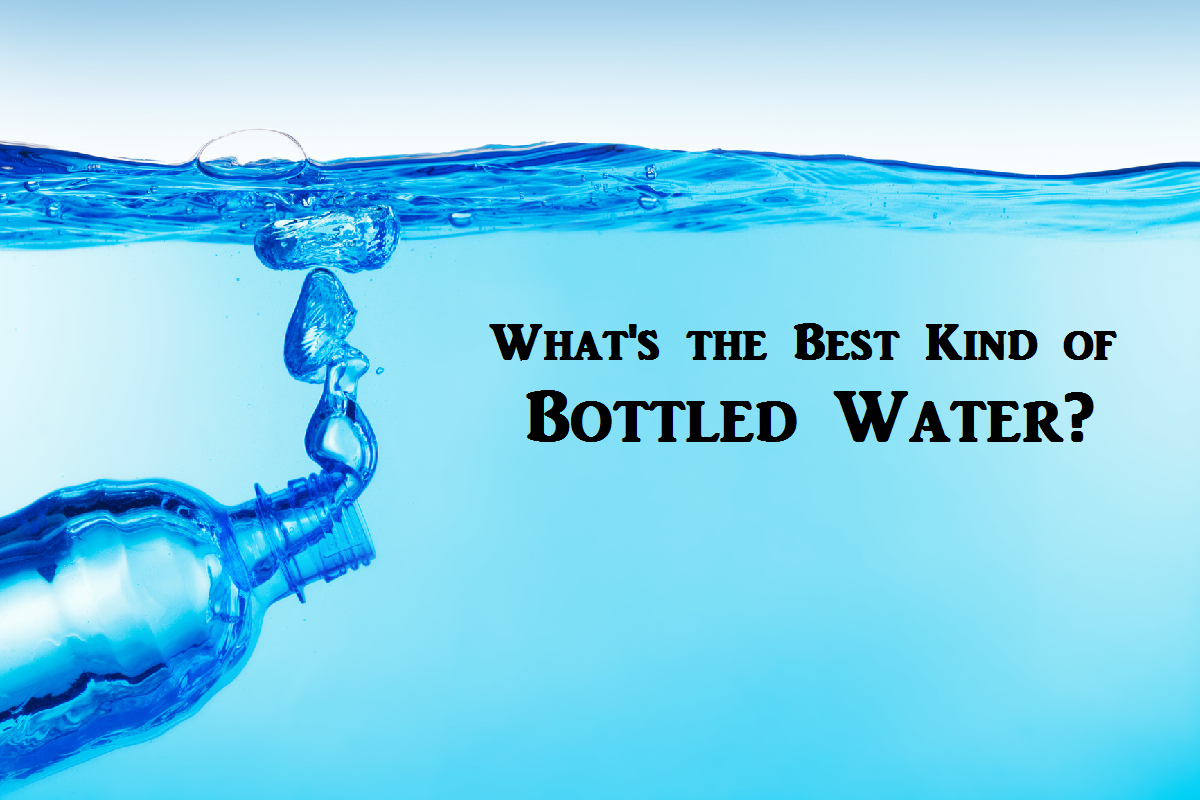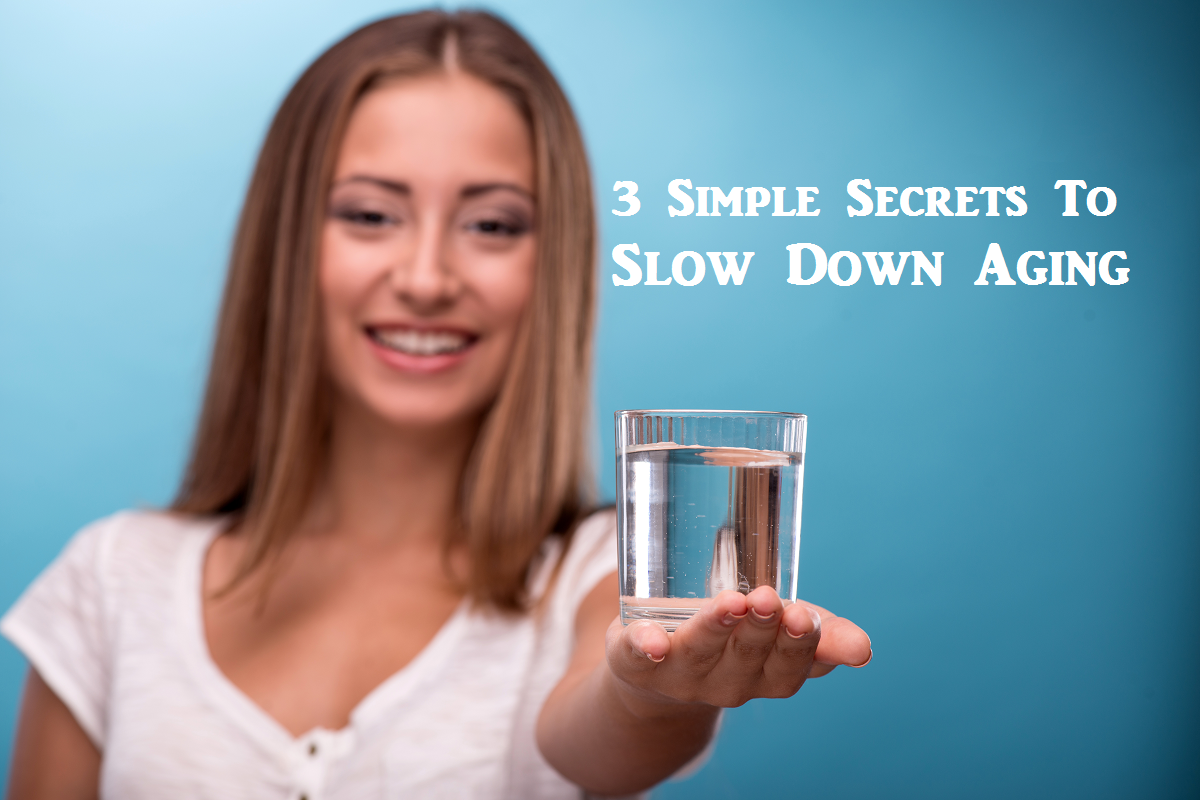The short answer is No. The better answer is somewhat complicated. In-depth scientific research about hydration is surprisingly limited1. That said, much can be concluded from what is already known. The popular rule of thumb to drink 8 cups of water per day is actually an underestimate for most adults, and better guidelines are available2. Further, common sense tells us that it is not just water quantity, we need to consider water quality too. First, let’s look at the key factors that influence our daily requirement of water.
How much water do you need to drink?
The bigger or heavier you are, the more water you need to stay well hydrated. A simple approach advocated by many doctors is that you need to drink approximately 1/2 to 1 ounce of water for every pound of body weight3 (if you use the metric system, the calculation works out to approx 35 to 70 grams of water per kilogram of body weight). For example, if you weigh 146 lbs (66 kg), you would typically need between 73 to 146 oz of water i.e. approximately between 9 to 18 “cups” of water per day (each Cup = 8 oz, or approx 1/4 Liter). Read on to figure out whether you need to be towards the lower or upper side of this rather broad range.
If you live in an area with cold to moderate weather, have a low to moderate activity level, and don’t sweat much, your drinking water need would be towards the lower end of the range. If you live in an area with hot weather, have a high activity level, and tend to sweat, your water need would be on the higher end of the range. Additional factors that affect water intake requirement include the types of food we eat, the beverages we consume, and the medications we take. For example, if you eat a lot of fruits and veggies, your water requirement would be on the lower side, whereas if you consume a lot of dry and processed foods your water requirement would be on the higher side. If you frequently drink juices or smoothies, that reduces your drinking water need. Frequent use of tea, coffee, other caffeinated beverages and alcohol increases your water need. Some medications have a diuretic effect, causing increased water need. Pregnant or lactating women also have higher water needs.
Practical approaches to monitor hydration
Thus, due to the many factors involved, it is difficult to accurately calculate specific water intake requirements, and an individual’s water needs will vary from time to time. So what’s one to do? The simplest method to estimate your water need is to be aware of your thirst. If you often feel thirsty, then you are not drinking enough water, and/or could be over-consuming dehydrating foods and beverages. Unfortunately, being aware of thirst response can be hit or miss, depending on how busy or distracted we are, and this is not a reliable good method for seniors, since thirst sensitivity typically decreases with age.
Urine color and volume provide good indications of whether you need more water, although please be aware that the color can vary with diet and medications4. Normally, urine should be plentiful and very light in color. If you pass small amounts of darker urine, then you need to increase water intake. If you typically drink water before feeling thirsty and pass slightly colored urine every 2 to 3 hours during the day, you’re likely to be well hydrated. Another way to estimate your hydration status is to use a bio-impedance sensor, and some bathroom scales have this technology. There are other specialized methods available to check hydration, and those are used in clinics and hospitals.
How about water quality considerations?
What about water quality? Are there also other factors? If you research hydration topics at respectable websites, you will readily find most of the information mentioned above (if you wish to dig further, some useful references are cited at the end of this article). However, what is usually not discussed is that the quality of water we drink, and that timing of water intake is also important for hydration. We often don’t pay attention to the quality of water we drink, but it is important not to take water quality for granted. Drinking water should be reasonably free of toxic substances and harmful microorganisms, but that’s not always the case, even in the developed world.
There are additional considerations as well. For example, if you drink highly purified (mineral-deficient) distilled or reverse-osmosis filtered water, you will tend to urinate more, and your water intake need will be higher. On the other hand, the presence of mineral electrolytes in your water improves thirst quenching and hydration (that’s why sports drinks have electrolytes, and that’s one of the reasons why I personally use EMDROPS in my drinking water). Talking of sports, do remember to increase water intake before and after intense physical activity, and also when you experience sweating.
Cultivating healthy hydration habits
Apart from the obvious necessity to increase water intake due to thirst and sweating, a daily, predictable routine for water intake is very important. This is well known in traditional systems of medicine such as Ayurveda. For example, it is very beneficial to drink plenty of water first thing in the morning on an empty stomach, before consuming tea, coffee, or breakfast. However, it is not a good idea to consume lots of water while eating meals, or immediately after meals. And certainly, we cannot drink several cups of water all at once and be done for the day.
To stay well hydrated, it is best to keep a water bottle handy, and to develop a regular habit of taking water several times during the day. We mostly remember to eat our meals on time. In order to enjoy sustained good health, it is essential to adopt a similar mindset towards hydration, and to consciously develop a routine for water intake until it becomes a habit. Just like exercise, sleep, breakfast, lunch, and dinner! As with most healthy habits, the earlier we start focusing on hydration, the better off we are. And it is never too late to start a good habit if we don’t have it already!
Article updated May 25, 2015
References










Leave A Comment